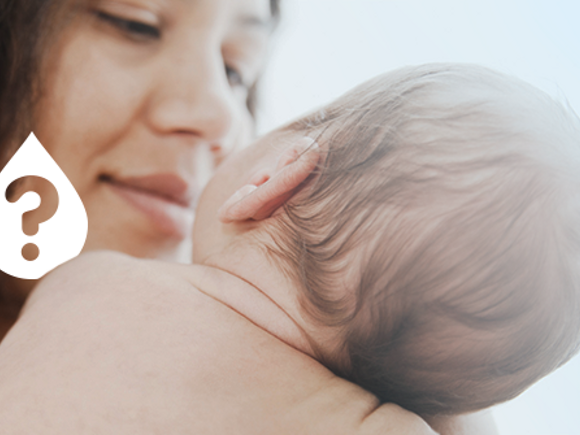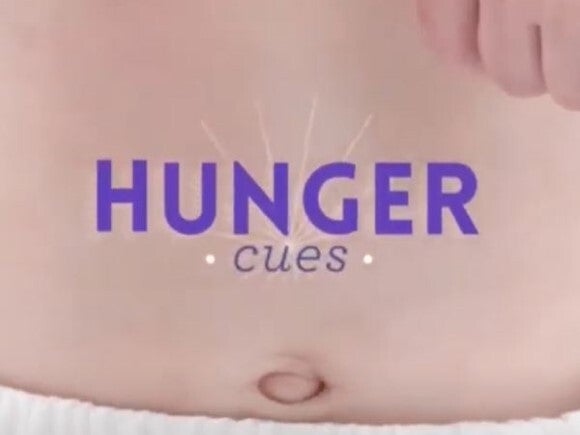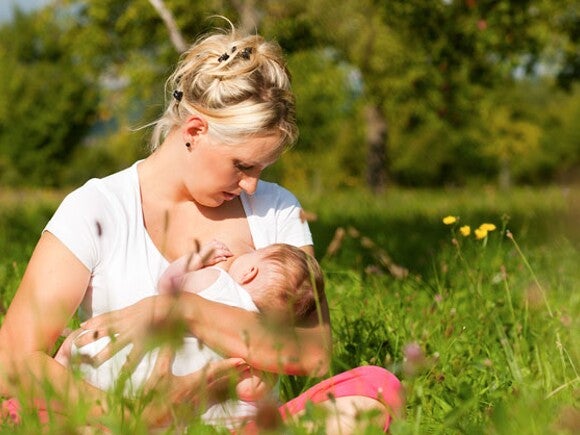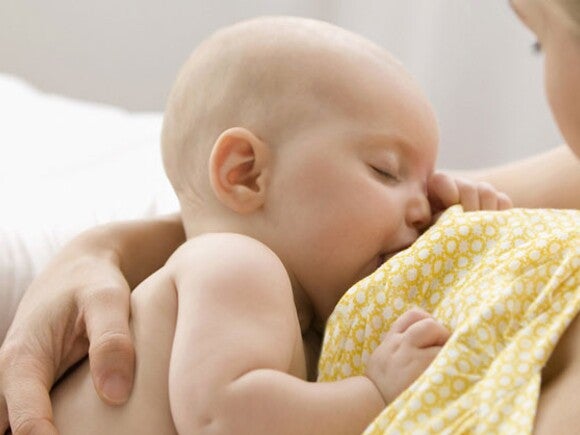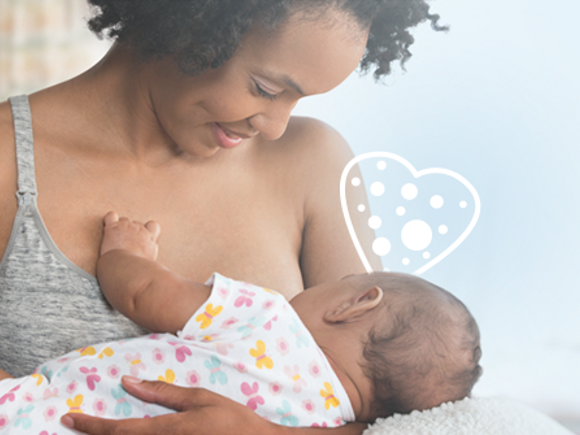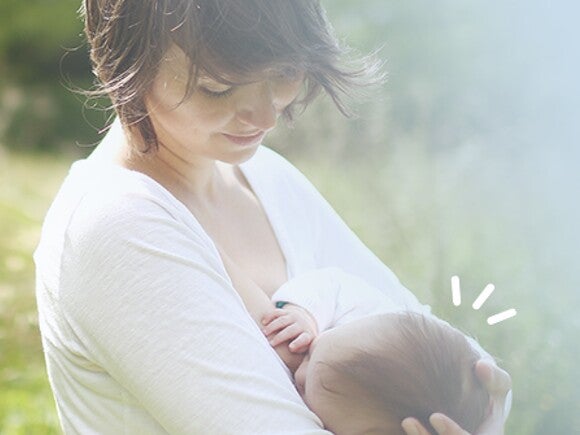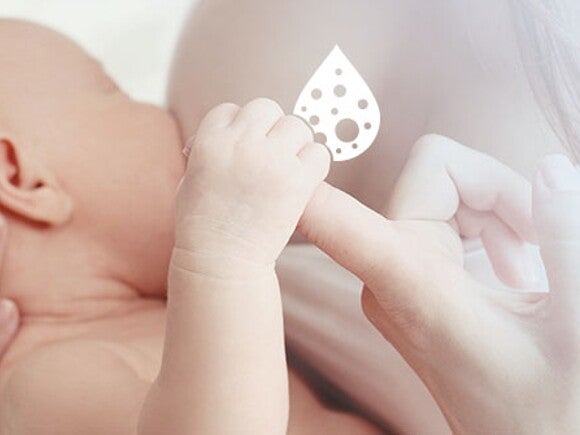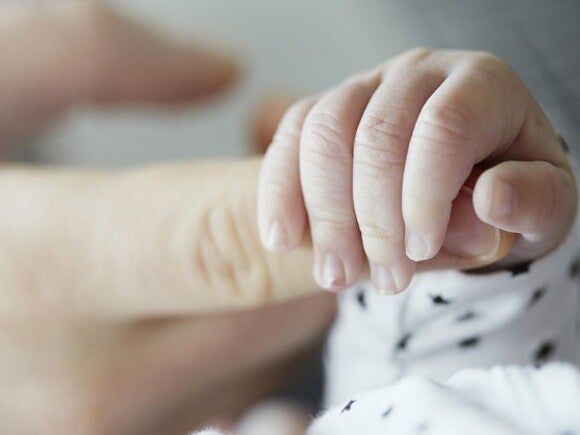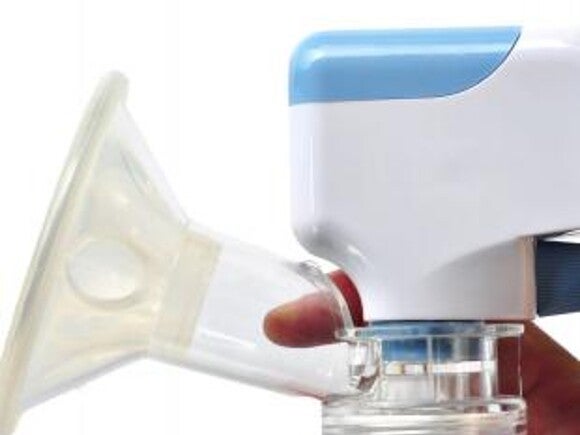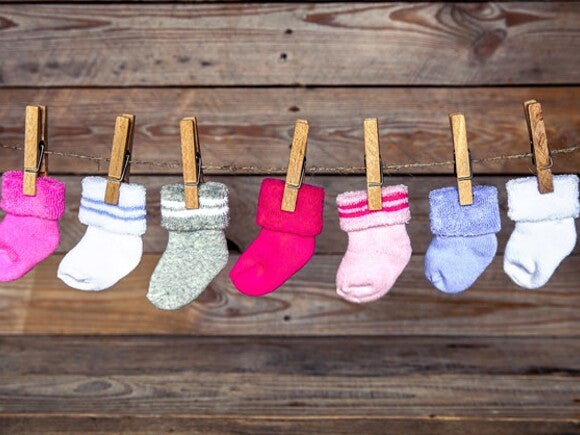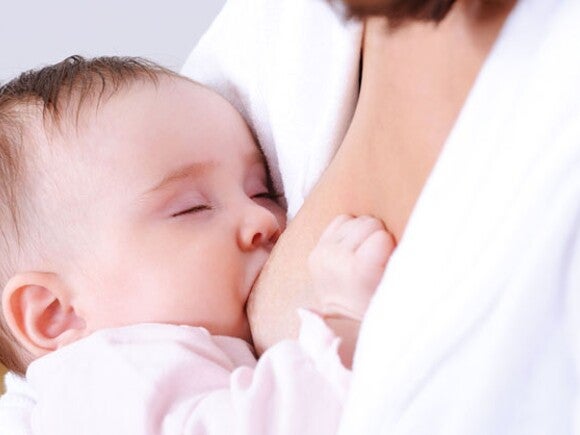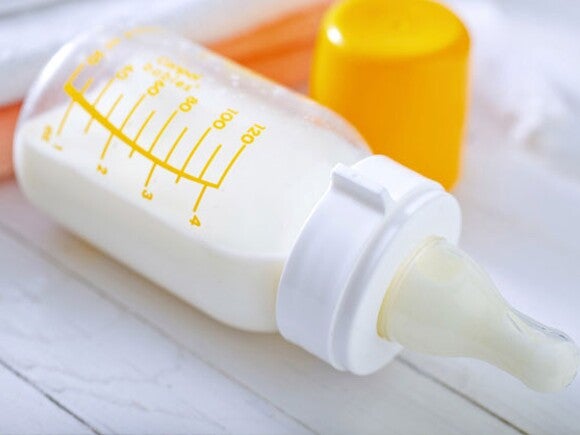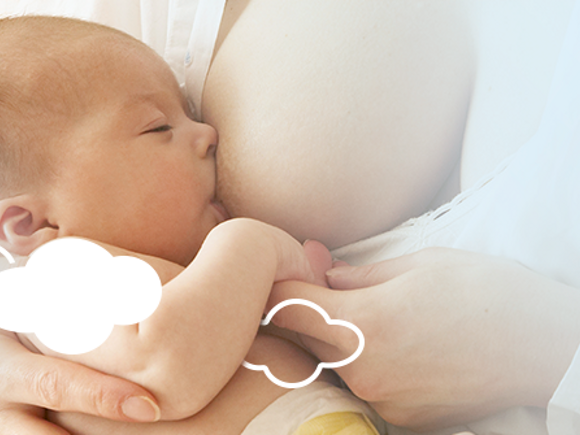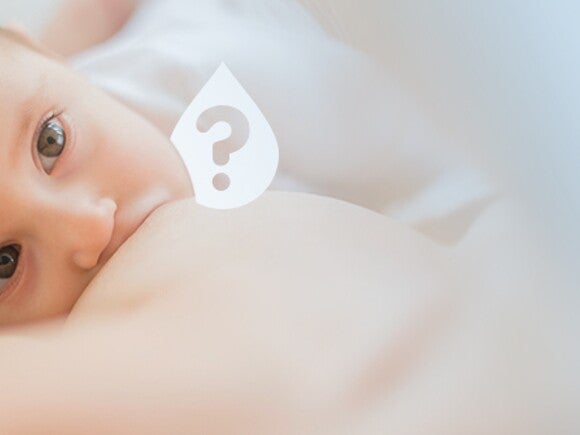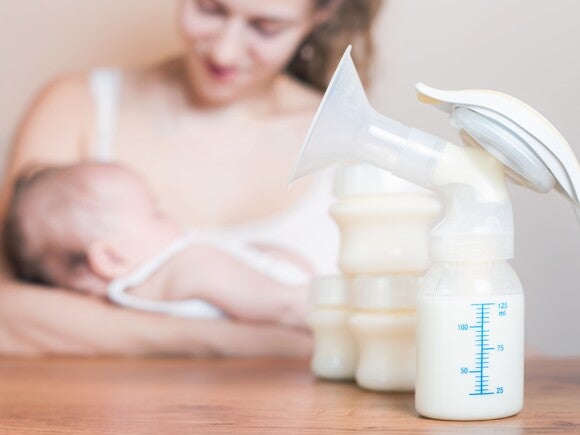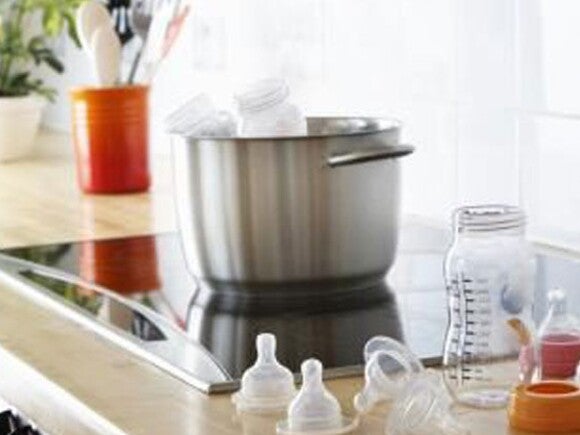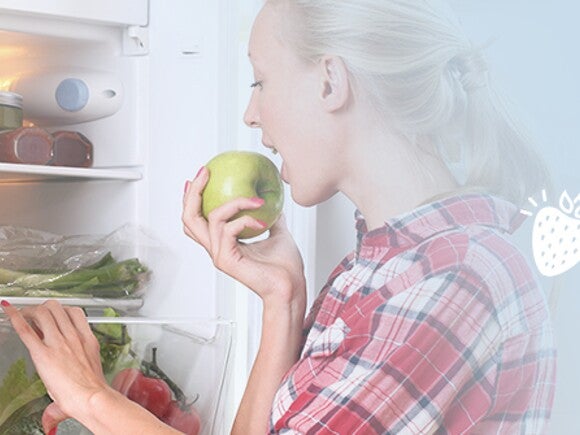Breastfeeding is nature’s intended way of feeding your baby. The benefits are quite extensive and long lasting. To name but a few, it provides the ideal nutrition for healthy growth and development, it contains other unique ingredients such as probiotics and prebiotics to support your baby’s immune and digestive health, it creates loving bonds with your baby, assists with returning to your pre-pregnancy weight, it has financial savings…really this list goes on.
Breastfeeding requires approximately 500 calories (2000 kilojoules) extra each day compared with if you were not breastfeeding. This extra allowance is to ensure that you meet the extra energy needs to sustain your breast milk supply. As your body requires this extra energy to produce breast milk, if you are not consuming these calories through your diet, your fat stores from pregnancy will help cover these needs.
It is known that caffeine does pass through into your breast milk. As caffeine is a stimulant and may affect your baby, it’s important to limit your intake while breastfeeding. Drinking small amounts, less than 200mg/day should be ok. 200mg is equivalent to approximately 1 espresso; 2 instant coffees; or 4 cups of tea. If you’re re-introducing coffee after your pregnancy you may want to start back slowly and monitor for any signs of unsettledness in your baby.
